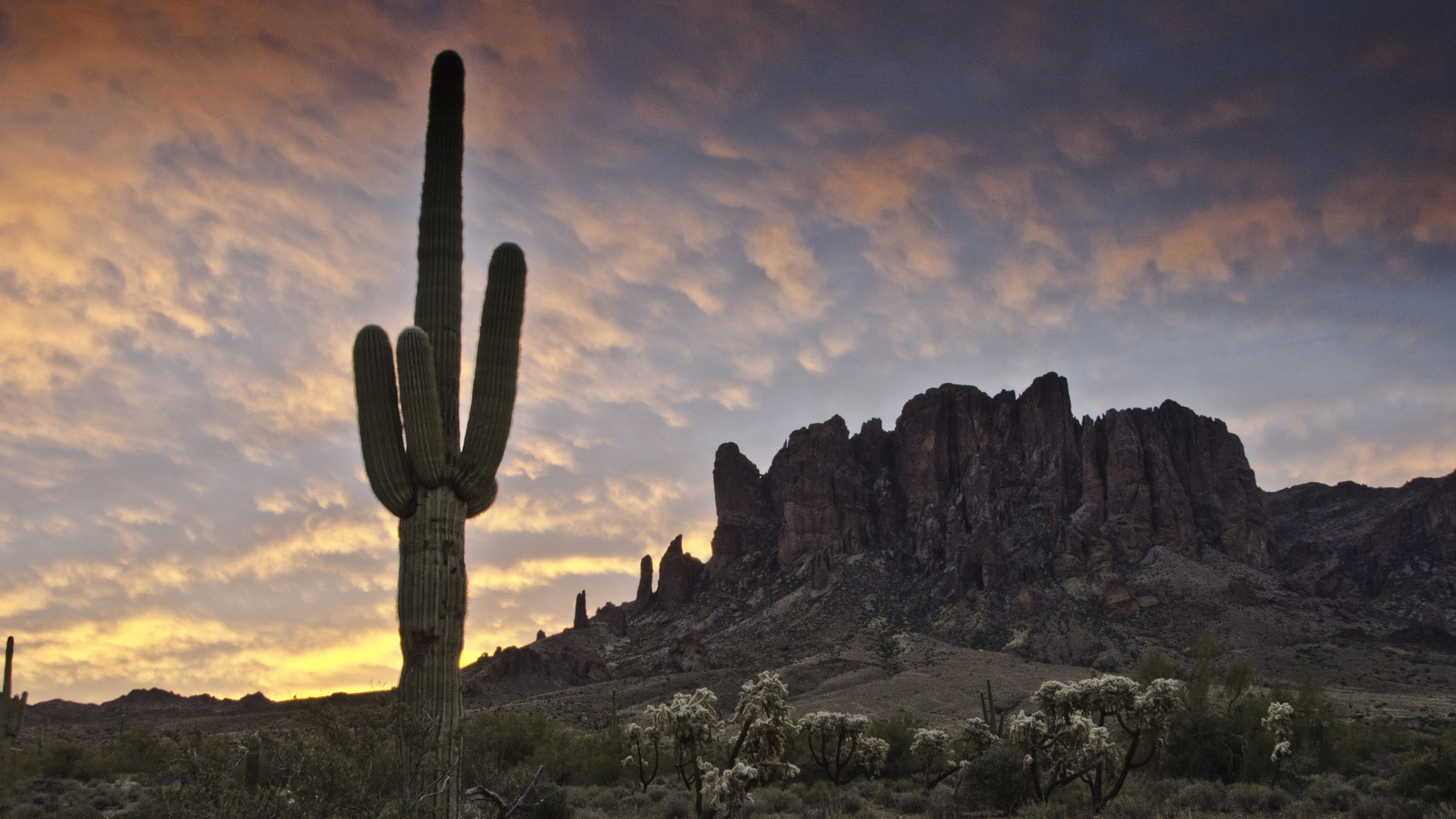What is primitive camping?
What is primitive camping? And is it as scary as it sounds? We explore the more rustic side of camping, plus what you’ll need for an overnight without modern conveniences
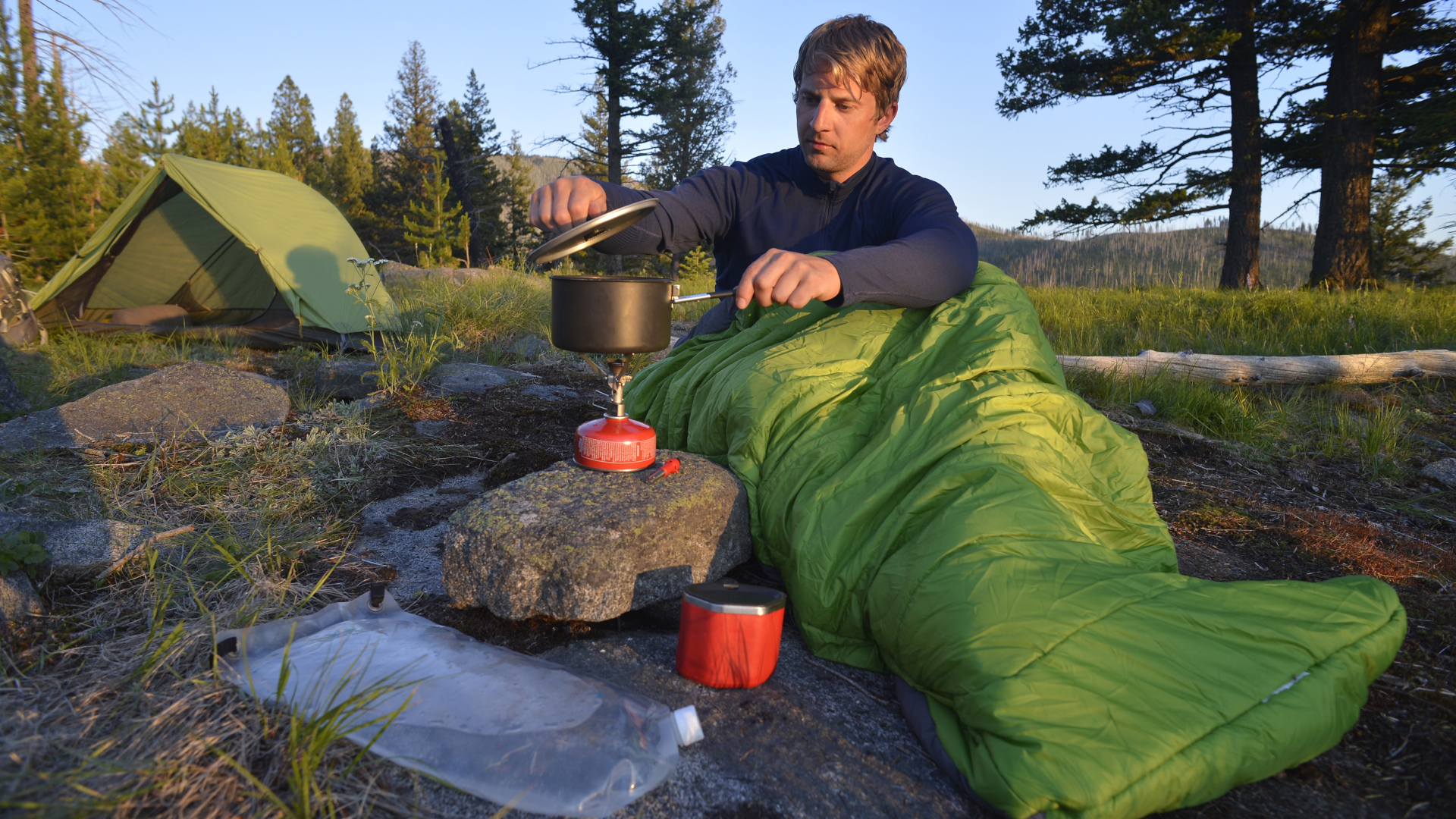
In recent years, glamping and van camping have become increasingly popular amongst many who want to spend time outdoors, but aren’t willing to sacrifice their home comforts like a proper mattress and a hot shower. On the far end of the spectrum from these more luxurious styles of camping lies primitive camping, which is ideal for anyone looking to get back to nature and unplug from the frenzy of modern life. But what is primitive camping, and is it as scary as it sounds? In this article, we stake out this common camping term, the pros and cons of primitive camping, and what you’ll need for it.
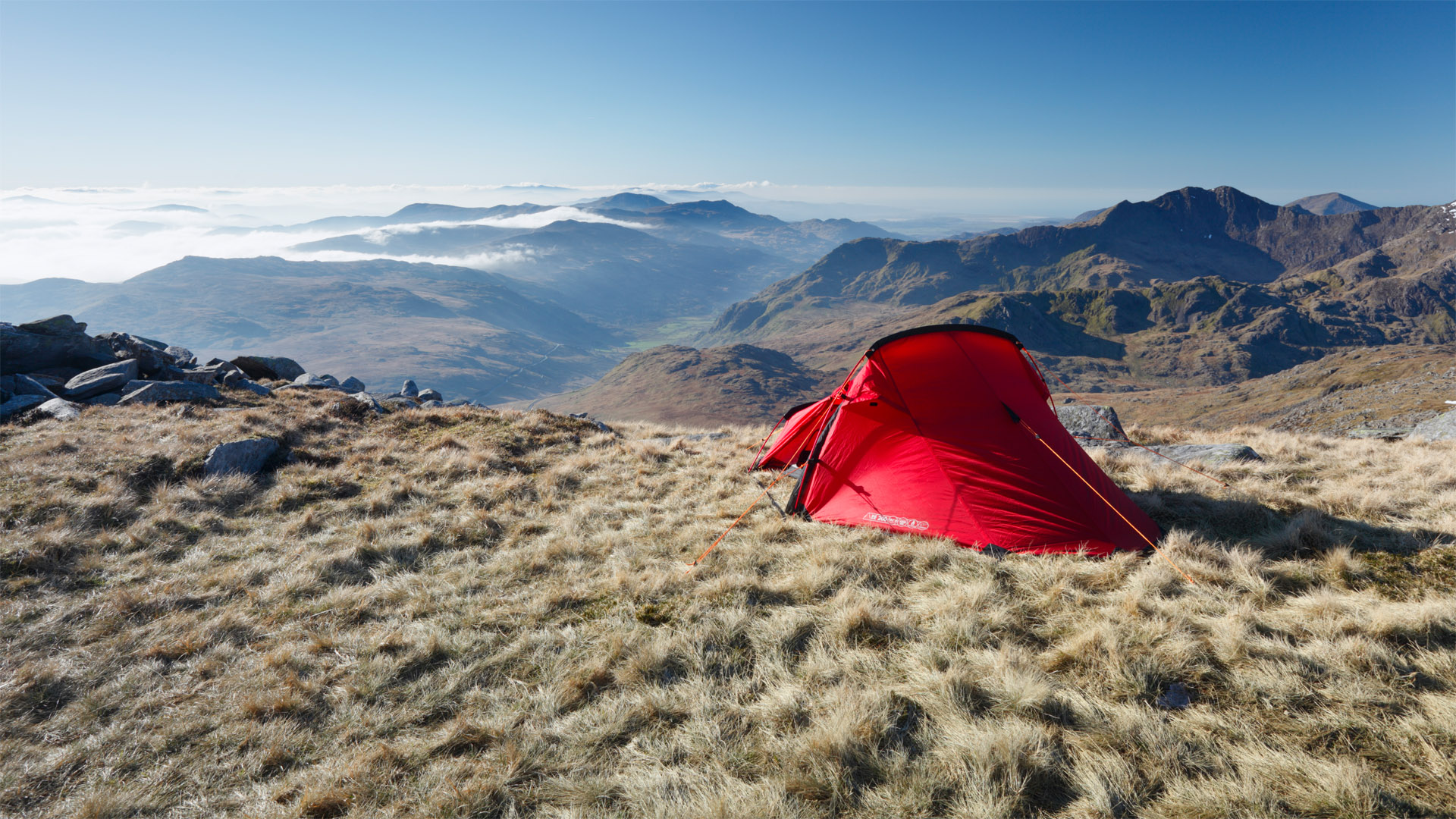
What does primitive mean on a campsite?
When you’re scoping out campsites, one of the main things you’re looking for in addition to location is what amenities are offered. As the name suggests, primitive camping is pretty rustic and doesn’t involve much in the way of infrastructure amenities whatsoever.
A primitive campsite might have obvious flattened areas that have been used to pitch tents before, but it won’t have clearly designated tent sites. Similarly, there might be a vague fire ring made using rocks by other campers that you should use for your campfire, but it won’t have a proper fire pit with a grate. There won’t be running water or trash services at a primitive campsite, and it’s unlikely that there will be toilets, but some that are close to populated areas like National Parks do have pit (non-flushing) toilets. These sites may have picnic tables, but again these are less common in primitive campsites. If a primitive campsite is in bear country, particularly if it's in a National Forest, bear canisters may be included (find out how to use a bear canister).
Though the term is often used interchangeably with backcountry camping, you’ll actually find primitive campsites in more developed areas such as National Parks and State Parks as well as out in the wilderness. Some primitive campsites you can drive up to while others require a long trek or, at the very least, high clearance and four-wheel drive to reach. Basically, the amenities at primitive campsites will vary from one campsite to another, so when you’re looking for a place to pitch your tent, do your research first to find out what’s available.
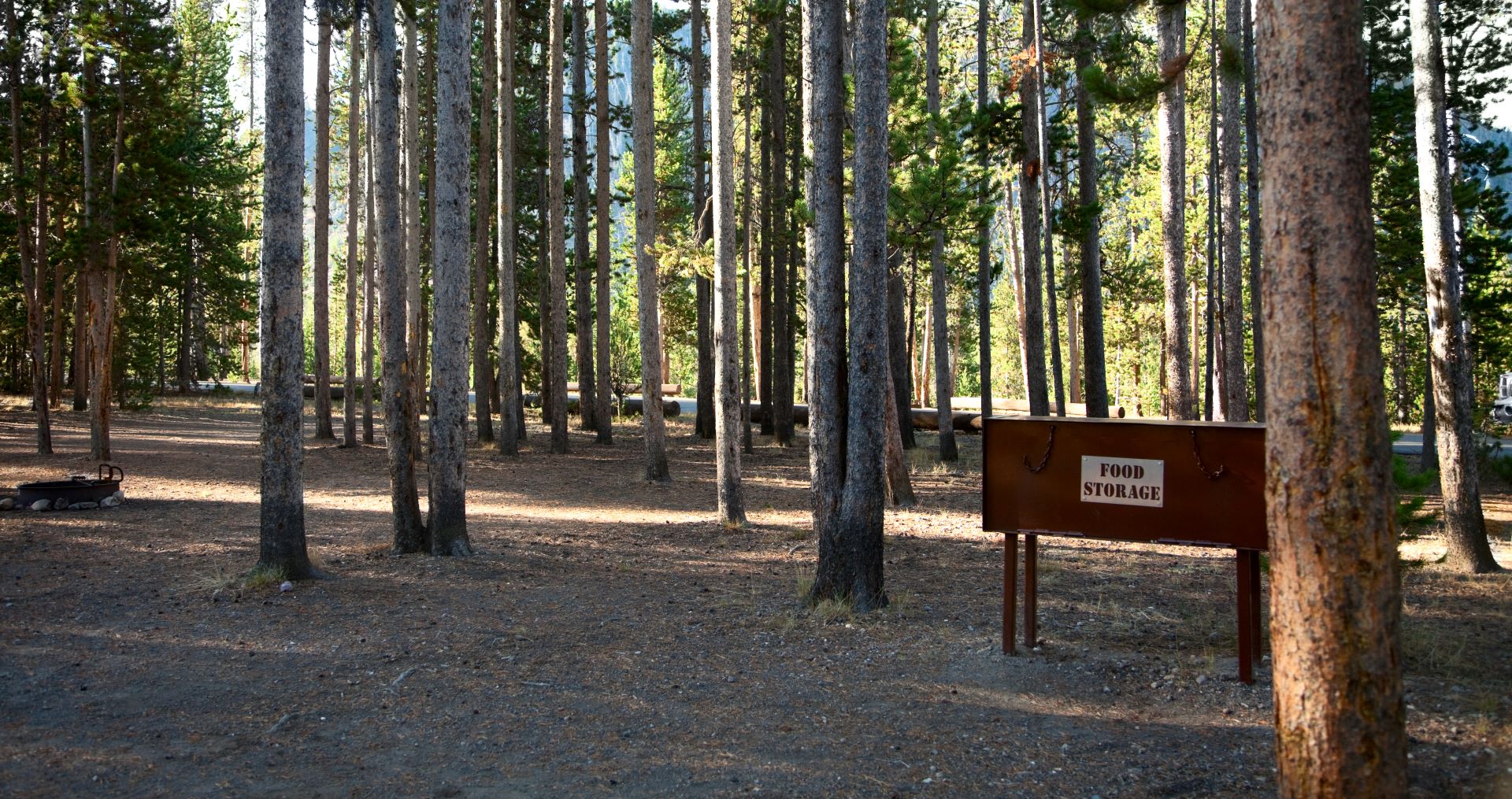
Pros of primitive camping
So, no toilets, no running water, no picnic tables? Why would you go primitive camping anyway? Well, there are a few great reasons we can think of to give primitive camping a go:
- Peace and quiet: the chances are high that you’ll be far away from the crowds you can experience at developed campgrounds during the summer months and you’ll almost certainly be free of the hum of RVs.
- Less expensive: primitive campsites aren’t necessarily free, though they can be, but they’re usually cheaper than developed campgrounds which have to cover the costs associated with keeping toilets clean and hauling out trash.
- Connection to nature: needless to say, less in the way of modern conveniences like cell service and restaurants mean you’ll spend more time outdoors and in the elements, which has been shown to be great for human health.
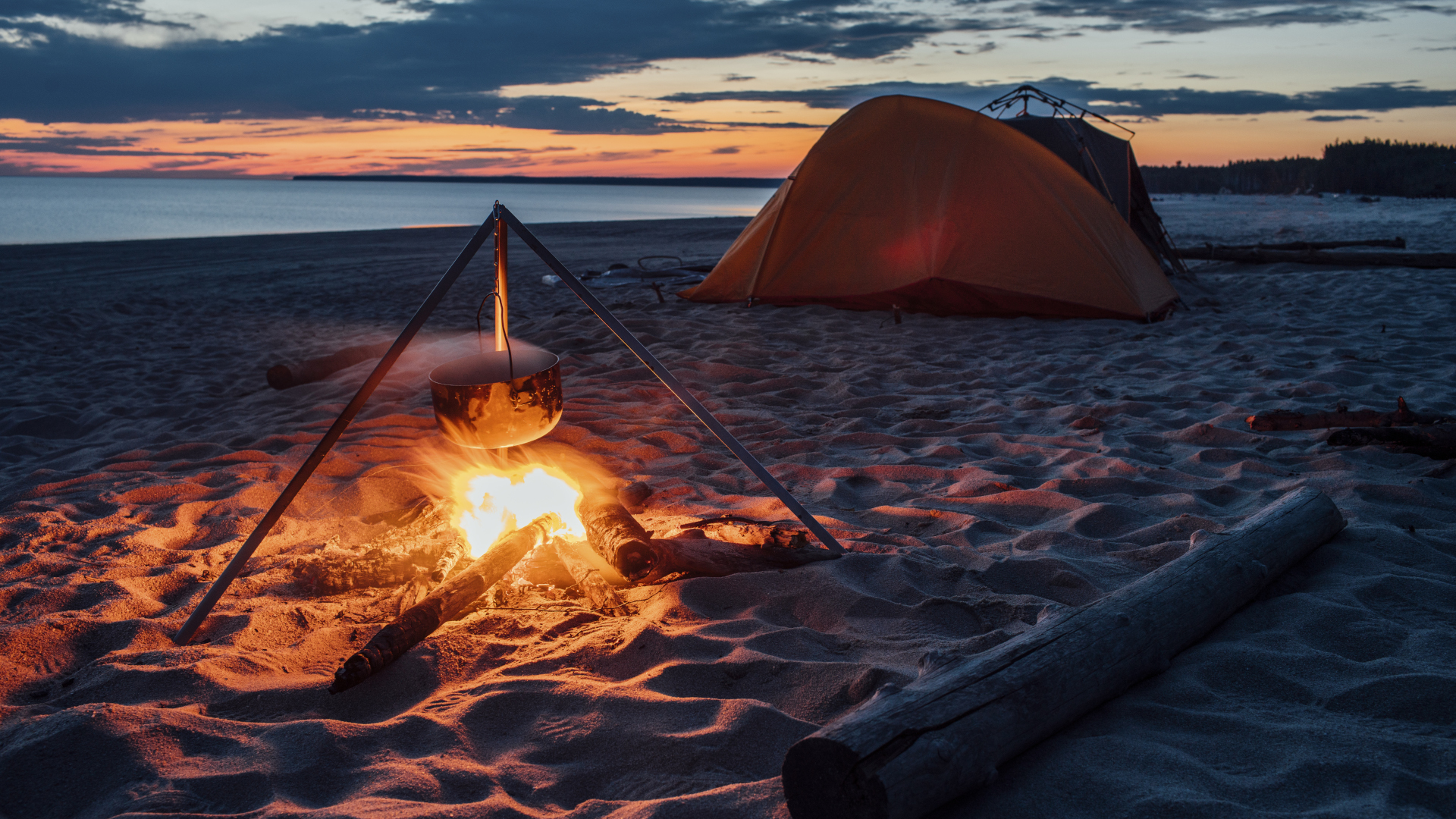
Cons of primitive camping
If you’re idea of camping is roughing it, you’re probably already searching for “primitive camping near me”, but there are also a few (arguable) downsides to primitive camping that it’s helpful to be aware of:
- Less comfortable: you’re sleeping on the ground, the only place to hide from mosquitos is inside your tent, you’re at the mercy of the elements and you’re going to pong after a few days unless you learn how to shower while camping.
- Less convenient: you'll have to figure out a system for washing dishes, you may need to bring your own camping table, there may not be cell service and you’ll generally need to have more skills such as how to chop firewood and how to set up a tarp to protect you from the elements.
That said, as outdoors junkies, we think these so-called cons can also be turned into positives – after all, primitive camping hones your survival skills and teaches you to be more self-reliant. And of course, you can make primitive camping more comfortable if you go car camping rather than backpacking.
Advnture Newsletter
All the latest inspiration, tips and guides to help you plan your next Advnture!
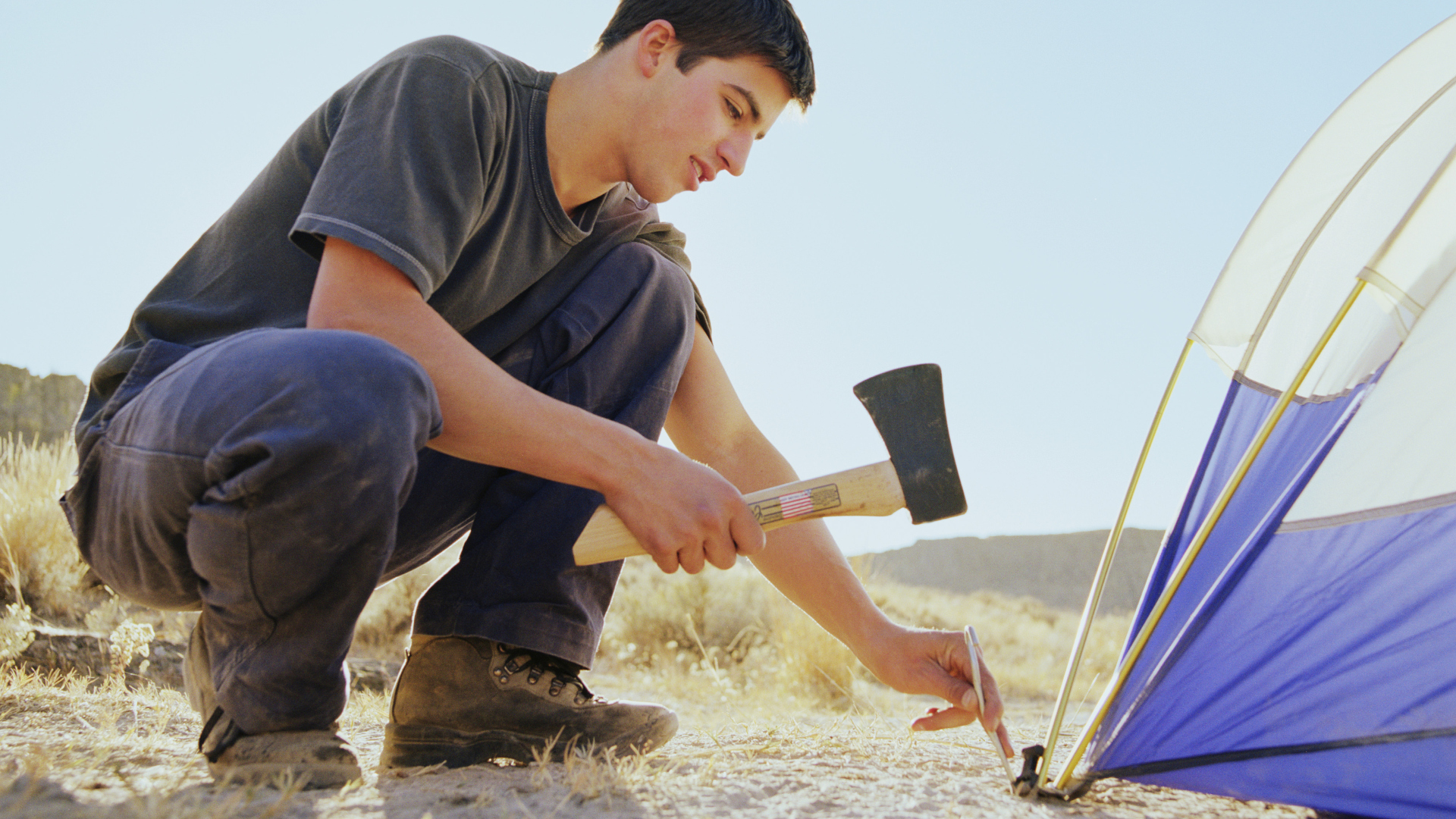
What do I need for primitive camping?
Because nothing is provided, you’ll need to bring everything you want with you. Here’s a list to get you started:
- Tent: check out our selection of the best camping tents to find the one with enough space for your needs.
- Tarp: we recommend bringing at least one tarp so you can build a shelter from sun, rain and wind.
- Sleep system: at a minimum, you’ll want a sleeping bag and sleeping pad, though if you’re driving in you might consider comfier alternatives like a camping cot or air mattress.
- Camping stove: unless you’re planning on cooking all of your meals over the fire, you’ll want to bring a camping stove or double-burner grill for cooking up some tasty grub.
- First aid kit: because there may not be park rangers or camp hosts nearby, you should bring a camping first aid kit to take care of any accidental scuffs or bug bites.
- Insect protection: there’s no clubhouse to escape to when the mosquitoes come out, so bring insect repellent and a mosquito net.
- Trash bags: no one will take care of your trash, so please leave no trace, bring trash bags and take everything home with you for responsible disposal.
- Toilet paper: bring your own toilet paper even if there are pit toilets, and make sure you know all about how to poop in the woods if there are no toilets.
- Food storage: when camping in bear country, make sure to bring your own bear canister or know how to hang a bear bag if storage isn’t provided.
Julia Clarke is a staff writer for Advnture.com and the author of the book Restorative Yoga for Beginners. She loves to explore mountains on foot, bike, skis and belay and then recover on the the yoga mat. Julia graduated with a degree in journalism in 2004 and spent eight years working as a radio presenter in Kansas City, Vermont, Boston and New York City before discovering the joys of the Rocky Mountains. She then detoured west to Colorado and enjoyed 11 years teaching yoga in Vail before returning to her hometown of Glasgow, Scotland in 2020 to focus on family and writing.

